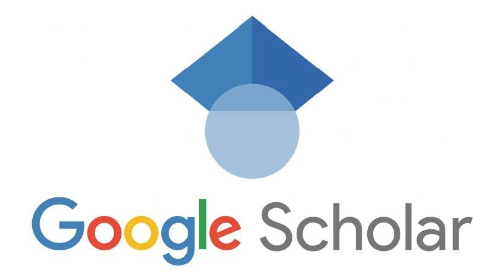Implementation of Game-Based Learning in Improving Learning Motivation of Elementary School Students
Keywords:
Augmented Reality, Science Learning, Secondary School StudentsAbstract
This study aims to explore the effect of Game-Based Learning (GBL) implementation on students' learning motivation in primary schools. GBL is a learning approach that integrates game elements into the teaching and learning process, designed to increase student engagement and motivation. In the context of primary education, learning motivation is an important factor that contributes to students' academic success. The research method used was a pseudo-experiment with a pretest-posttest control group design. The research sample consisted of 80 fourth grade students in one elementary school who were divided into two groups, namely the experimental group using GBL and the control group using conventional learning methods. Data regarding students' learning motivation was collected through a learning motivation questionnaire adapted from a standardized learning motivation scale. The results of the data analysis showed that there was a significant increase in the learning motivation of students using GBL compared to the control group. The average learning motivation score in the experimental group increased significantly after the implementation of GBL, with a p value <0.05. These findings suggest that GBL is effective in increasing students' learning motivation in primary schools. This study suggests that GBL can be integrated into the learning curriculum in primary schools as one of the strategies to increase students' learning motivation. In addition, further research is recommended to explore various other aspects of GBL, such as its impact on students' learning outcomes and social skills.













